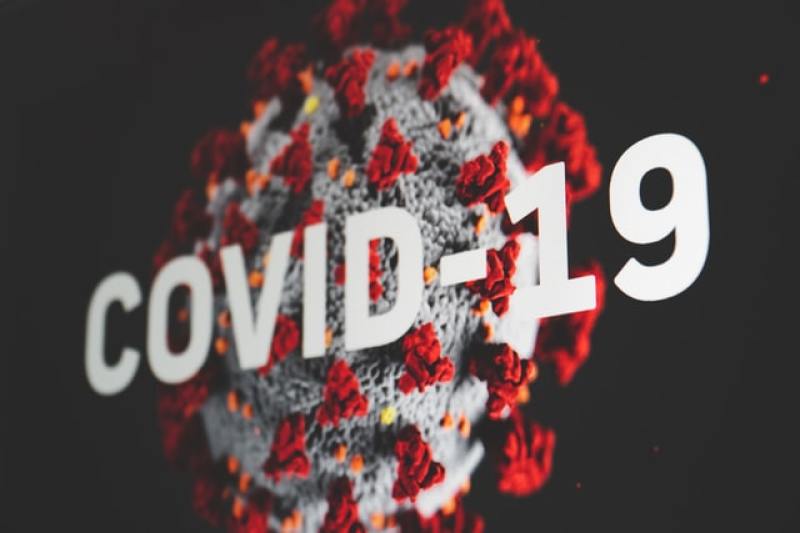
On September 24, peer-reviewed study published in the European Journal of Immunology found that for at least 12 months after coronavirus infection, the vast majority of people's immune systems retained antibodies against the virus.
According to a report in The Epoch Times, scientists at the Finnish Institute for Health and Welfare tested 1,292 individuals eight months after infection for the presence of antibodies. They found that 96% of those examined still had neutralizing antibodies and 66% still had nucleoprotein IgG antibodies, which were both protective against the virus.
Using a random sample of 367 individuals from the initial cohort that had not been vaccinated, the researchers next examined antibody levels one year after infection. Neutralizing antibodies were found in 89% of patients, while IgG antibodies were found in 36%.
There were reportedly greater levels of antibodies in patients with severe COVID-19 disease. They had up to seven times as many antibodies as individuals with moderate illness until at least 13 months following infection, the researchers found.
"Studies of individuals who have recovered from infection are crucial in determining for how long antibodies persist after infection and whether these antibodies protect against re-infection," the scientists said.
Nonetheless, researchers observed a decline in neutralization effectiveness against the Alpha, Beta and Delta CCP virus strains. The efficiency loss was "considerably declined" for the Beta variant and "slightly reduced" for the Alpha variant. The research also showed that even 12 months after infection, 80 percent of those who tested positive for the Delta variant, still had some kind of immune response.
"Previous studies have indicated that the presence of antibodies to SARS-CoV-2 was associated with a significantly reduced risk of SARS-CoV-2 reinfection among healthcare workers for up to 7 months after infection (27, 49). We observed that S-IgG antibodies and NAbs persist at least a year after infection in most individuals. This strongly suggests that protection against re-infection is long-lived, although antibody-mediated immunity may not persist equally well among elderly subjects," the study read.
According to a related study published in May in the journal Nature Medicine, the presence of neutralizing antibodies in a person's blood is highly predictive of that person's immune protection against infection and illness caused by the novel coronavirus. Previous studies have also shown that antibodies may stay in the body for up to a year after an infection.
Meanwhile, a US research indicates that antibody levels produced by two doses of the Pfizer-BioNTech vaccine may decline up to tenfold seven months after the second shot.
According to a new BioRxiv research released ahead of peer review, many vaccination recipients showed significant declines in antibody levels against the coronavirus, or SARS-CoV-2, and its subtypes, including Delta, Beta, and Mu. According to Stanford University's Bali Pulendran and Emory University's Mehul Suthar, "vaccination with the Pfizer-BioNtech vaccine induces high levels of neutralizing antibodies against the original vaccine strain, but these levels drop by nearly 10-fold by seven months."
Pulendran and Suthar noted that antibodies are "are critically important in protecting against SARS-CoV-2 infection." notwithstanding the body's other defensive systems.
Pfizer-vaccine BioNTech's was administered to 46 healthy volunteers twice.
A second blood test was performed six months after the first to see whether the individuals had responded to the vaccine.
A third booster immunization was thus recommended by the researchers as a way to enhance vaccine effectiveness.




























